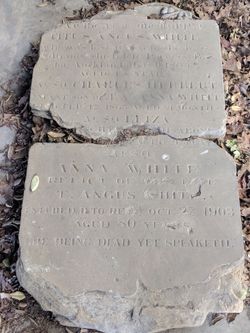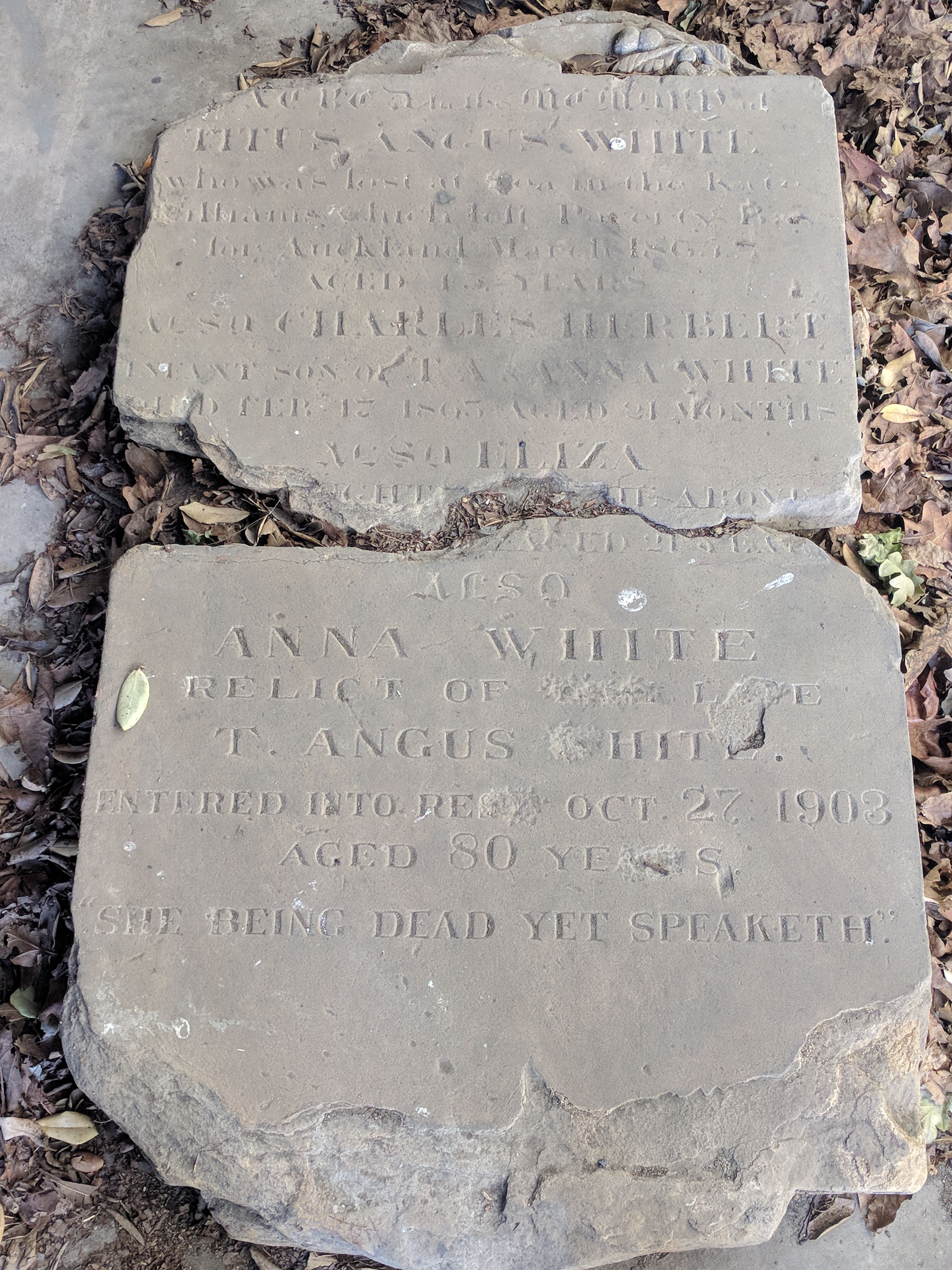*
MR. WHITE, R.M.
The last hope for the safety of Mr. T. A. White, Resident Magistrate at Poverty Bay, East Coast, has been completely dispelled by the return of H.M.S. Esk (reported in yesterday's issue), after a fruitless and unavailing search for the missing schooner, Kate Williams, in which that gentleman was a passenger. Through that unaccountable procrastination which is alike the curse of his Excellency's movements, whether in the cause of humanity or of war, the Esk was not despatched until the best and indeed only chance of obtaining a clue as to her fate had been lost —that of picking up drift wood of the wreck, or deck cargo. After wasting nearly a precious fortnight, she eventually sailed on the 26th ult., although the Governor was not in possession of a single title of information in addition to that furnished to him on the 14th of the same month. Regrets are now vain, and it is less for the purpose of referring to these unfortunate circumstances, that we now write, than of noticing the untimely end of one who but lately moved among us, known to many in Auckland, and a resident in the North several years before New Zealand was proclaimed a British colony.
Mr. White entered the Government service in 1862, as Native Interpreter in the Native Department, but more particularly engaged in duties connected with the Land Claims Court, held by Mr. Dillon Bell. On the commencement of hostilities in the Waikato, he was attached to the staff of the General, as Assistant Field Interpreter. After the capture of Raugariri, he was sent down from the front; and on the Maori prisoners being placed on board the hulk Marion, was appointed to their control, so far as related to their social condition and discipline. He remained on this duty until the escape of the prisoners from Rawau in September last, which occurred during his absence in Auckland for the purpose of arranging certain plans with the Government, by which it was intended to make the establishment self-supporting. Shortly afterwards he was gazetted as Resident Magistrate to a station at the East Cape, it being considered that his lengthy and intimate connection with tho East Coast Natives, for many years, as a Native Agent, together with his ability as a public officer, peculiarly fitted him for that post. The resident Chief, Mokena, and his people, had, on several occasions, during the last three years, requested the Governor to place him there as Magistrate. His Excellency, not feeling quite assured that law and order could be immediately enforced in these districts, directed him to proceed to his station for the purpose of ascertaining the temper and feelings of the Natives, with the understanding that in the event of things turning out favorably he could then settle down finally and take his family with him. It was on his return to Auckland, in accordance with that plan, having satisfied himself of the friendly disposition of the Natives, and the support of the chief, Mokena, that he met his fate.
Mr. White, in his public capacity, was a zealous and efficient officer, and in his social life esteemed by all who knew him He leaves a wife and nine children to lament his loss. We are sure that his bereaved widow and family will obtain the kindly sympathy of the Auckland public, under their affliction, accompanied, as it has been, by many peculiar and distressing circumstances. Mr. White has been cut off in the very prime of life, being but forty-two years of age — thirty of which have been spent in Auckland— and was the second eldest son of our respected townsman and fellow-settler, Francis White. This sad event will carry sorrow into many a home ;—and furnishes another illustration of the fact that in the tangled skein of human life ... "There's a divinity that shapes our ends, Roughhew them how we may." (New Zealand Herald, May 31, 1865)
*
MR. WHITE, R.M.
The last hope for the safety of Mr. T. A. White, Resident Magistrate at Poverty Bay, East Coast, has been completely dispelled by the return of H.M.S. Esk (reported in yesterday's issue), after a fruitless and unavailing search for the missing schooner, Kate Williams, in which that gentleman was a passenger. Through that unaccountable procrastination which is alike the curse of his Excellency's movements, whether in the cause of humanity or of war, the Esk was not despatched until the best and indeed only chance of obtaining a clue as to her fate had been lost —that of picking up drift wood of the wreck, or deck cargo. After wasting nearly a precious fortnight, she eventually sailed on the 26th ult., although the Governor was not in possession of a single title of information in addition to that furnished to him on the 14th of the same month. Regrets are now vain, and it is less for the purpose of referring to these unfortunate circumstances, that we now write, than of noticing the untimely end of one who but lately moved among us, known to many in Auckland, and a resident in the North several years before New Zealand was proclaimed a British colony.
Mr. White entered the Government service in 1862, as Native Interpreter in the Native Department, but more particularly engaged in duties connected with the Land Claims Court, held by Mr. Dillon Bell. On the commencement of hostilities in the Waikato, he was attached to the staff of the General, as Assistant Field Interpreter. After the capture of Raugariri, he was sent down from the front; and on the Maori prisoners being placed on board the hulk Marion, was appointed to their control, so far as related to their social condition and discipline. He remained on this duty until the escape of the prisoners from Rawau in September last, which occurred during his absence in Auckland for the purpose of arranging certain plans with the Government, by which it was intended to make the establishment self-supporting. Shortly afterwards he was gazetted as Resident Magistrate to a station at the East Cape, it being considered that his lengthy and intimate connection with tho East Coast Natives, for many years, as a Native Agent, together with his ability as a public officer, peculiarly fitted him for that post. The resident Chief, Mokena, and his people, had, on several occasions, during the last three years, requested the Governor to place him there as Magistrate. His Excellency, not feeling quite assured that law and order could be immediately enforced in these districts, directed him to proceed to his station for the purpose of ascertaining the temper and feelings of the Natives, with the understanding that in the event of things turning out favorably he could then settle down finally and take his family with him. It was on his return to Auckland, in accordance with that plan, having satisfied himself of the friendly disposition of the Natives, and the support of the chief, Mokena, that he met his fate.
Mr. White, in his public capacity, was a zealous and efficient officer, and in his social life esteemed by all who knew him He leaves a wife and nine children to lament his loss. We are sure that his bereaved widow and family will obtain the kindly sympathy of the Auckland public, under their affliction, accompanied, as it has been, by many peculiar and distressing circumstances. Mr. White has been cut off in the very prime of life, being but forty-two years of age — thirty of which have been spent in Auckland— and was the second eldest son of our respected townsman and fellow-settler, Francis White. This sad event will carry sorrow into many a home ;—and furnishes another illustration of the fact that in the tangled skein of human life ... "There's a divinity that shapes our ends, Roughhew them how we may." (New Zealand Herald, May 31, 1865)
Family Members
Advertisement
Explore more
Sponsored by Ancestry
Advertisement













